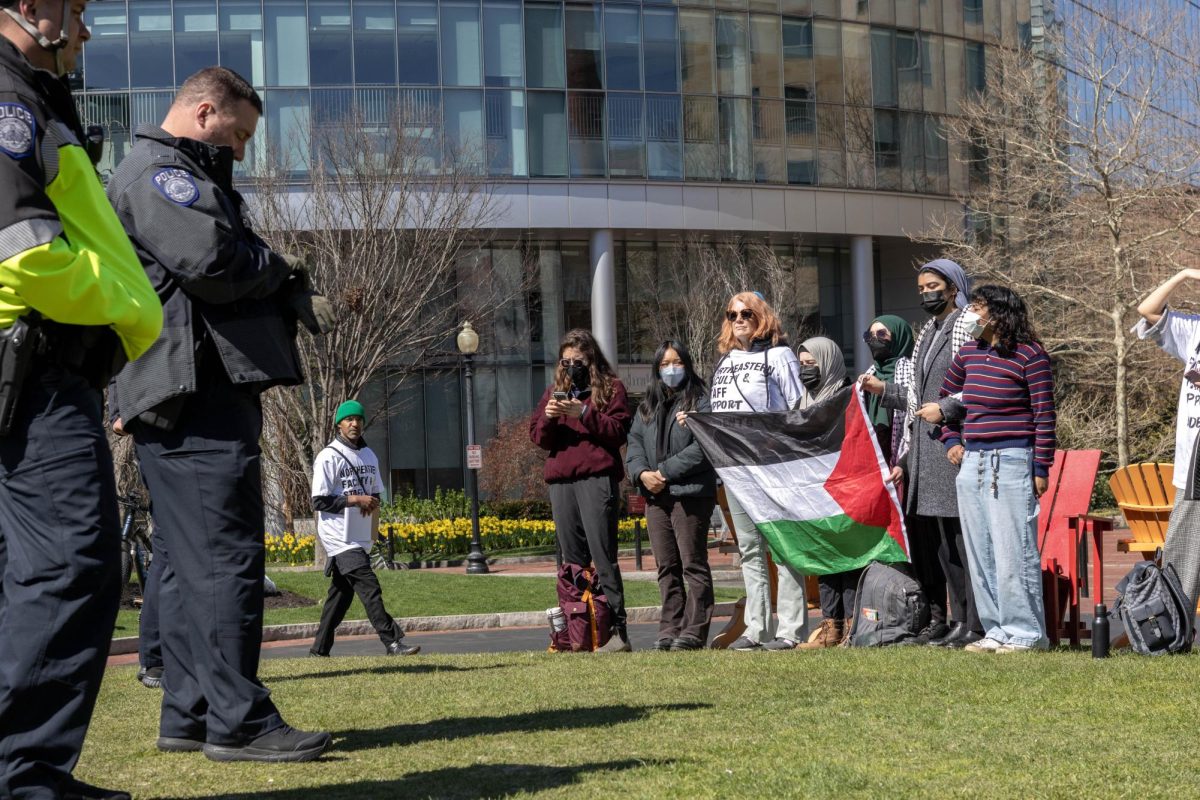In the conclusion of my last column for The News, I lamented that important foreign policy issues were not receiving an appropriate amount of attention this election cycle. Since the tragedy at the American consulate in Libya last week, this is no longer the case. Unfortunately, with a renewed focus on foreign policy, a dangerous theme is reemerging that has been largely dormant since the Bush years.
Over the past week, many conservatives have taken a hard stance against the Middle East and any American who they believe supports Muslim beliefs. The right-wing blogosphere has lit up in the past week, accusing President Obama of being an “apologist.” Romney himself even said that, “The Obama administration’s first response was not to condemn the attacks, but to sympathize with those who waged attacks.”
Last week, representative Jeff Landry (R-La.) called for Congress to cut off aid to Libya. Republican members of the House also spent the week pushing to strip Egypt of its aid in response to rioting at the American Embassy in Cairo.
This mentality is concerning.
As humans, we all have a natural tendency to view conflict of any sorts as “us versus them,” but the world is more complicated than that. Cutting off aid to two countries in the midst of a massive political transition in response to the actions of a vast minority of the population is irresponsible at best. When suggestions to do so enter an election-year debate on Capitol Hill, it’s poisonous.
Furthermore, along with the “us versus them mentality” comes a desire to punish “them,” whether by going to war or cutting off aid. This doesn’t work, because America’s most dangerous enemies are not sovereign countries but small groups of people who live among a larger population. These terrorists cannot be punished without harming the larger population and fueling anti-American sentiments.
To stop terrorism, we have to first understand what causes terrorism. The Bureau of Investigative Journalism has estimated that throughout July between 482 and 849 civilians were killed in Pakistan by American drone strikes since 2004.
The same study estimates between 30 and 81 civilians have been killed by American drone strikes in Yemen since 2002. An additional 15 have been killed in Somalia since 2007 – and these are countries with which America isn’t at war.
Of course there are justifiable reasons for American drone strikes (I am personally conflicted on the issue), but the average rural Pakistani tribesman doesn’t know this. The average impressionable Pakistani teenager whose family was killed in an American drone strike doesn’t understand why his family was killed, just as Americans don’t understand why there are people who would want to attack us.
While a mutual understanding is not likely, Americans need to attempt to understand the other side if we intend to stop them.
But how can we have this discussion without coming across as apologists or sympathizers? The previous two paragraphs prove that I can’t answer this question. The inconvenient truth is that in order to prevent terrorism, we need to understand terrorism, and to understand terrorism, we need to have at least minimal sympathy for the population from which terrorists are grown.
Americans who try to understand why there is so much anti-American sentiment, and who try to find a solution that doesn’t involve more bombs (and thus more anti-American sentiment), should be able to do so – at least for the sake of a healthy debate – without being singled out as terrorist sympathizers.
-Nick Jacques can be reached at [email protected]










